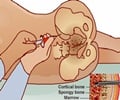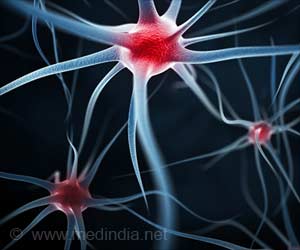Previous research has theorized that bone marrow mesenchymal stem cells are highly adherent fibroblastic cells, defined as colony-forming unit-fibroblasts.

The non-adherent bone marrow cell-derived mesenchymal stem cells exposed to basic fibroblast growth factor/epidermal growth factor/nerve growth factor expressed the neuron specific markers, neurofilament-200 and NeuN, in vitro. Non-adherent bone marrow cell-derived mesenchymal stem cells from β-galactosidase transgenic mice were also transplanted into focal ischemic brain (right corpus striatum) of C57BL/6J mice. Cells co-labeled with both β-galactosidase and NeuN were seen by double immunohistochemical staining. These findings, published in the Neural Regeneration Research (Vol. 8, No. 22, 2013), suggest that the non-adherent bone marrow cell-derived mesenchymal stem cells could differentiate into neuronal-like cells in vitro and in vivo, which can be used as seed cells for the treatment of nervous system diseases.
Source-Eurekalert














